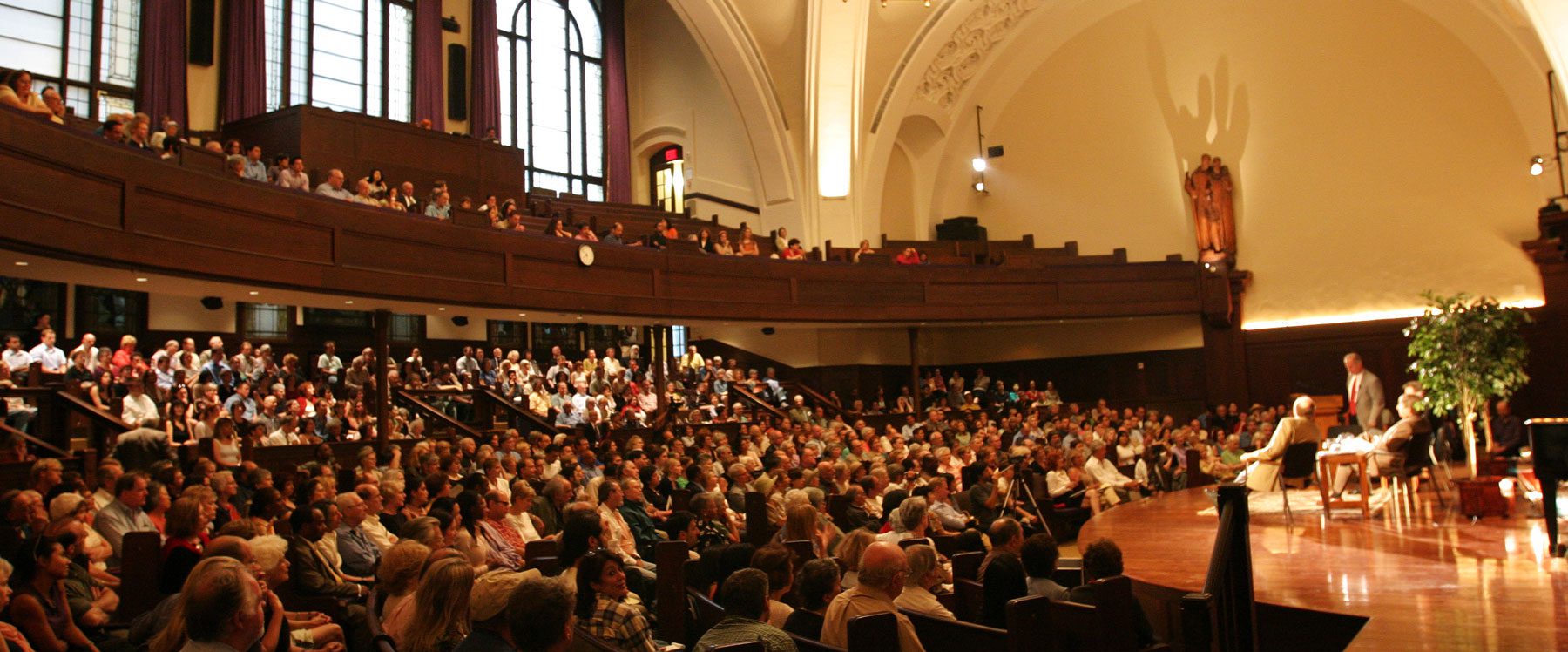
Years ago an Africa-American friend who grew up in Texas told me about Juneteenth, a holiday also known as Freedom Day or Emancipation Day, that commemorates the announcement of the abolition of slavery in Texas. President Abraham Lincoln issued the final version of the Emancipation Proclamation on January 1, 1863, but it took more than two years – on June 19, 1865 – for Union soldiers to deliver the news to Texas.
The proclamation declared “that all persons held as slaves” within the rebellious states “are, and henceforward shall be free.” Thus, it was limited in many ways. It applied only to states that had seceded from the Union, leaving slavery untouched in loyal border states. It also expressly exempted parts of the Confederacy that had already come under Northern control. Most important, the freedom it promised depended upon Union military victory.
Upon hearing the news, finally-freed slaves celebrated, and Juneteenth was informally celebrated every year since 1865, until Texas made it an official Emancipation Day in 1979. Juneteenth, a day for African-Americans to celebrate their freedom, culture, and achievements, is now observed in 42 states. It’s a time for barbecues and parties, as well as soul-searching and reflection.
In an age when, with the click of a button, news from around the world is accessible within seconds, it is hard to imagine such life-changing news taking so long to arrive. And perhaps some people had heard sooner, but it required the presence of Union soldiers to make it real – and enforceable.
A century and a half later we are still dealing with that news and how to enforce equality in a country still ailing from racism. Can we ever truly heal? I wonder when I read about the “scandal” of “Umbrella-Gate”: racists furious that a U.S. Marine held an umbrella over the head of a black U.S. President. Some, like Glenn Beck and Rush Limbaugh, choose direct racial assault; others deny that a black president actually exists, claiming that Barack Obama was not born in this country and thus is not legitimate.
Ta-Nehisi Coates, senior editor of The Atlantic, writes, “The irony of Barack Obama is this: he has become the most successful black politician in American history by avoiding the radioactive racial issues of yesteryear, by being “clean” (as Joe Biden once labeled him) – and yet his indelible blackness irradiates everything he touches.” After the 2008 election, Cornell Belcher, a pollster for Obama, said, “The thing is, a black man can’t be president in America, given the racial aversion and history that’s still out there. However, an extraordinary, gifted, and talented young man who happens to be black can be president.”
I was perhaps naïve to believe that Obama’s election meant that America had turned that proverbial corner and was ready to embrace a true son of a multicultural society. I felt proud to be an American, something that, having grown up in the turbulent 60’s, I had never before experienced. Then I read about the surge in gun sales, the death threats, the Republican strategy to oppose everything Obama proposed, and I despaired. Being “twice as good,” as African-Americans are still admonished to be, wasn’t nearly enough. Racism intensified, and the Tea Party was spawned with slogans like “Obama Plans White Slavery.”
I don’t agree with all of Obama’s policies: he is more conservative than I, and far from the left-wing liberal Republicans paint him. I deplore the drones, Guantanamo, and his frequent calls for god to bless us. He gives lip service to feminism but does not call for revival of the Equal Rights Amendment. The poor barely receive lip service.
But he is my president. I admire and respect him; I trust him. It is downright treasonous to try to delegitimize Obama’s presidency. Let us take the occasion of Juneteenth to wrap our minds around Coates’s statement that “Barack Obama governs a nation enlightened enough to send an African American to the White House, but not enlightened enough to accept a black man as its president.” I hadn’t understood that before, and it breaks my heart that it might be true.







